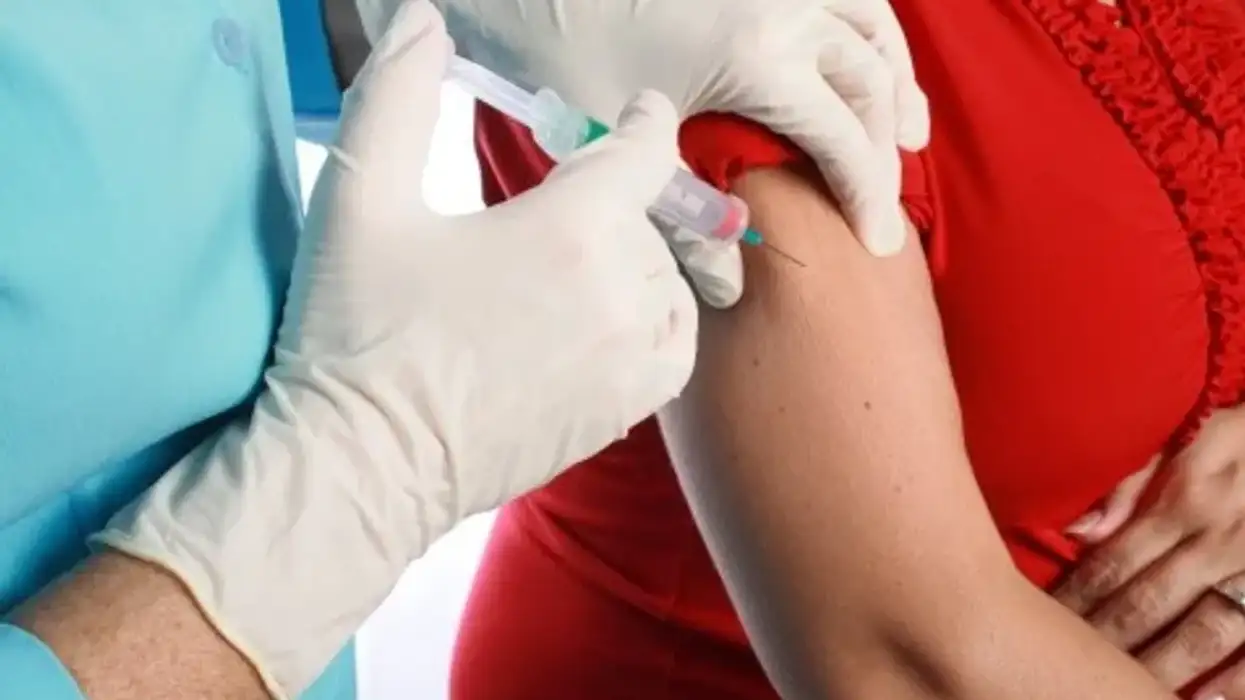National Pharmacy Association (NPA) urged the NHS England to make local impact assessment a key requirement prior to any recruitment into Primary Care Networks (PCNs) and Clinical Commissioning Groups (CCGs), to help tackle workforce crisis.
With inputs from LPCs, PCNs and CCGs should consider the impact of the creation of new roles on all health care providers in the area and on their ability to deliver their objectives on behalf of the NHS, it said.
The NPA believes that creation of the Additional Roles Reimbursement Scheme (ARRS) programme is impacting community pharmacy services in some areas and contributing to the ongoing workforce shortage.
In a letter addressed to Ed Waller, director of Primary Care for NHS England, NPA chief executive Mark Lyonette highlighted the challenges emerged following a shortage of pharmacists and other members of staff.
He said, while the NPA is keen to collaborate with NHS England in securing solutions, there are some underlying issues that need to be reviewed first.
Lyonette wrote: “It is our view that the current workforce crisis across the United Kingdom is multifactorial, however the overarching factor in England is the lack of NHS investment in community pharmacy services over the past six years, which is described in an independent report by Ernst & Young (EY).”
“Despite this chronic underfunding, pharmacies continue to participate in commissioned services and invest in the training and development of pharmacists, pharmacy technicians and the rest of the pharmacy team.”
He added: “Our members have worked very hard to insulate patients from the effects of staff shortages, but the situation is not sustainable.”
The letter further suggested two key steps to help alleviate the challenges.
It urged the NHSE/NHSI to work with the employer bodies to ensure a consistent and adequate coverage of community pharmacy.
Secondly, it asked for a review of remuneration model for community pharmacy services to ensure pharmacies are sufficiently resourced.











